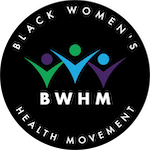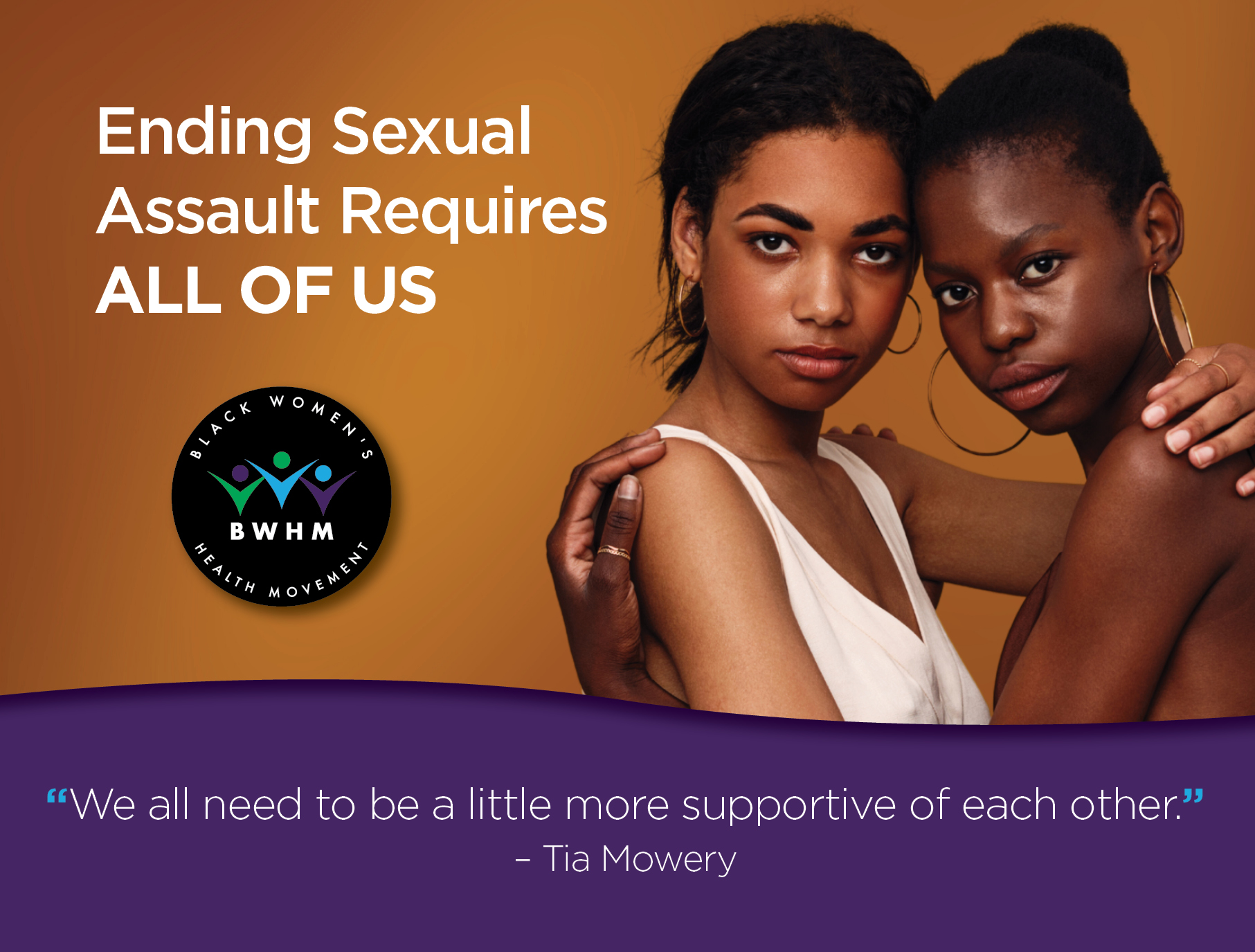Sexual Assault is Not Your Fault
Have you experienced sexual assault? If you have, you are not alone. More than 1 in 5 women in America experience sexual violence while 1 in 3 women suffer from domestic violence that often has sexual associations. Disproportionately, women of color experience sexual violence even more frequently.
We, as Black women, face unfair stereotypes and destructive misconceptions originating from slavery that continue to encourage violence perpetrated against us today. Slave owners originated and perpetuated the myth that Black women were lust-driven beings. All to rationalize raping them and forcing them to reproduce with male slaves. Those perceptions still exist today — further normalizing sexual violence against Black women.
Survivors rarely report their assaults and perpetrators seldom face prosecution for their crimes.
Reversing the Rates of Offenses
The solution for the lack of criminal punishment requires an increase in training professionals to educate the public and increase public policies that protect sexual assault victims and punish predators. Support for survivors is also critical — from mental health assistance to self-defense awareness.
We must also find ways to educate those who could be or who already are predators, so they understand the negative behavior to minimize recurrence of their crimes. We must ensure victims know sexual assault is not their fault. They are not alone.
Calling Out Sexual Assault
To influence change around sexual assault, we need to accurately define abusive, assaulting or harassing behaviors. Mutual understanding of the terms and behaviors surrounding sexual assault can help minimize occurrences of these crimes and encourage reports of them, which will ultimately change how laws are enforced and shape the public policies that protect us.
Sexual assault: criminal acts defined as ranging from rape to unwanted touching or the perpetrator forcing the victim to touch them in sexual ways without consent or when they are unable to give consent.
Sexual violence: a broader term that includes sexual assault without consent or when they are unable to consent. However, sexual violence also includes offensive behaviors that are not necessarily physical acts, but the outcomes of those acts cause someone to feel victimized. Examples include sharing nude pictures, reputation threats, and/or whistle blowing catcalls that harm victims but often are not considered criminal acts.
Sexual abuse: sexual behavior concerning children, rather than adults.
Sexual harassment: entails three categories of unwanted behavior in the workplace:
- Sexual coercion: referring to direct or indirect behaviors encouraging sexual cooperation in the workplace.
- Unwanted sexual attention: any unwanted touching including rape and relentless pressure for dates or sexual behavior unwelcome and unpleasant to the recipient.
- Gender harassment: conduct that disparages people based on gender but implies sexual interest like women are ill-suited for leadership or men having no place in childcare. Such actions constitute “sexual” harassment because they are sex-based, not because they involve sexuality.
As women of color in the United States, we know that we and our loved ones will experience sexual violence at disproportionately higher rates. Immigrant, LGBTQIA+ and disabled women will also experience sexual violence more frequently.
Getting Help
Help survivors get the support they need and the response they deserve. Please visit our Events Page to participate in activities related to sexual violence and assault.
Further Reading
- What’s the difference between sexual abuse, sexual assault, sexual harassment and rape?
https://theconversation.com/whats-the-difference-between-sexual-abuse-sexual-assault-sexual-harassment-and-rape-88218 - It’s Time to Stop Hypersexualizing Black Women
https://www.theodysseyonline.com/time-stop-hypersexualizing-black-women - Black Women & Sexual Violence
https://now.org/wp-content/uploads/2018/02/Black-Women-and-Sexual-Violence-6.pdf - Sexual Assault Awareness Month
https://www.nsvrc.org/saam


